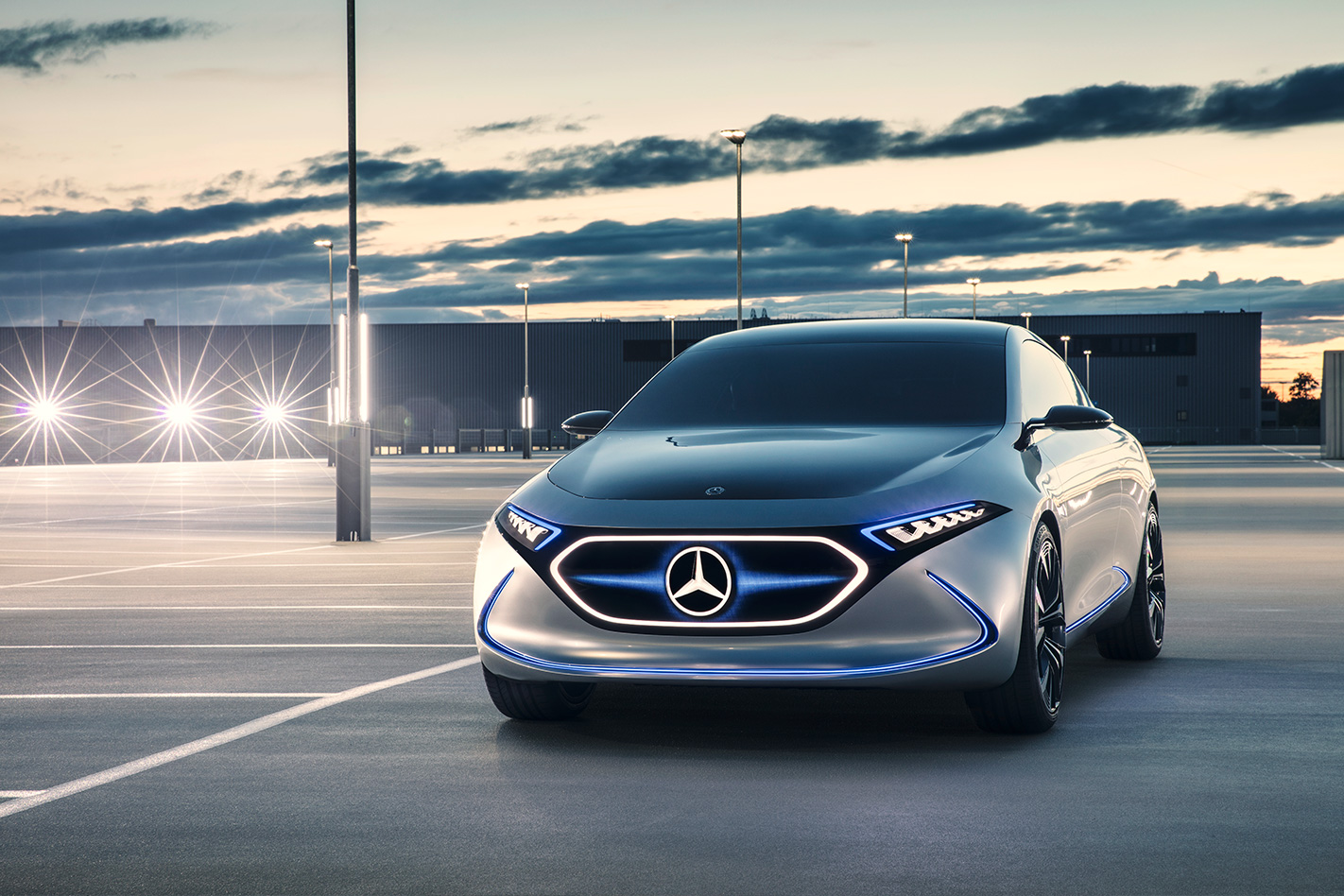Britta Seeger has 30,000 staff, and three children. She sits on the board of one of the world’s largest companies and has travelled extensively as part of her role, but her most memorable moment occurred in an airport, in Istanbul, after a tank crushed her car.

She was forced to lie on the ground by armed soldiers who were busy conducting a military coup, but not too busy to point a machine gun at her head. At that exact moment, her son rang, to tell her he was watching the Turkish uprising on the news and he was worried about her.
“Everything’s fine, darling, I’m just very busy at the moment, can I call you back when I’ve got a bit more time?” she asked.
Clearly, Seeger is cool in a crisis.

And she’s not afraid of making big decisions, either. As the board member in charge of sales and marketing for Mercedes-Benz, she was the one who made the call to take the company out of its decades-long sponsorship of German football, to pour those many millions into… E-Sports. Yes, gaming. She believes the future is millions of people paying to sit and watch other people play video games. Apparently huge stadia in China sell out, for multiple days, with people willing to watch this live. And these, Seeger believes, are her future customers.
“We have to get rid of the thinking that eSport is not a sport,” she tells me. “We see hundreds of millions of people playing these games and it’s a very interesting target audience for us. This is where we want to invest.”
Seeger’s minders later whisper in my ear that there are more than 100 million people taking part in “competitive gaming”, or eSports, and 500m watching it. The move away from a safe, traditional sponsorship like soccer to something as youth-focused as eSports is just one of many changes Seeger, 48, has campaigned for, including swapping suits and ties for jeans and sneakers amongst her staff, and pushing them to make Benz the number-one car brand on social media (100m followers, including 26m on Instagram alone).

Ask Seeger whether she thinks all this is actually going to sell any more cars and she looks at you like the simple, living-in-the-past fool you clearly are. The future, you see, is about selling mobility, not cars.
“There has never, ever been a more challenging time to be working in this industry, certainly not in my 28 years at Mercedes. I don’t think even in 130 years, except maybe our founding fathers, with the shift from the horse and carriage, faced change on the scale that we are now,” she enthuses.
“But if you consider change as something positive, not to fear, then these are very interesting times. I’m not afraid, and my job is to unlock the pioneering spirit in my people, because we are entering uncharted waters.
“You have to adapt, quickly. The product will still be essential, and the design, the desire for our cars, but the change will be, how do you have these cars?
“Today, buying or leasing is very common but having and owning a car will change, and tomorrow it could be a flat rate, or sharing. Some people are now ready to pay a monthly fee, like a mobile phone. “I’m sure retail will play a role, but the digital experience will dramatically increase.

“What people want above all is convenience, and the most successful businesses today – like Amazon – are those that can save people time.”
Reading that, if you’re a Mercedes-Benz dealer, you might want to have a close look at what happened to the German soccer team’s sponsorship dollars.
So, Seeger believes car ownership is changing, and that many of those eSports-loving youngsters will never actually own one, the way we do now. But she also believes that some things will stay the same; backing both petrol and diesel engines to be the dominant motive forces for some time, even as Benz invests frantically in EVs, launching 10 of them between now and 2022 (she’s a big fan of plug-in hybrids).

Fortunately, she also predicts that what people are now calling “legacy vehicles” – cars driven by humans – will be with us forever, and that Benz will keep making them.
“I truly believe you will still have people who want to drive their cars in the future, and we will offer that,” Seeger says.
“We are still at a crossroads; we have cars that can drive fully autonomously, but will they have a steering wheel that you can grab and take over? This is still in discussion.
“But I do not believe that everyone will go in the autonomous direction, just as I don’t believe that everyone will go for car-sharing. But people will want these mobility choices, so we have to be ready to offer all of these options.”





